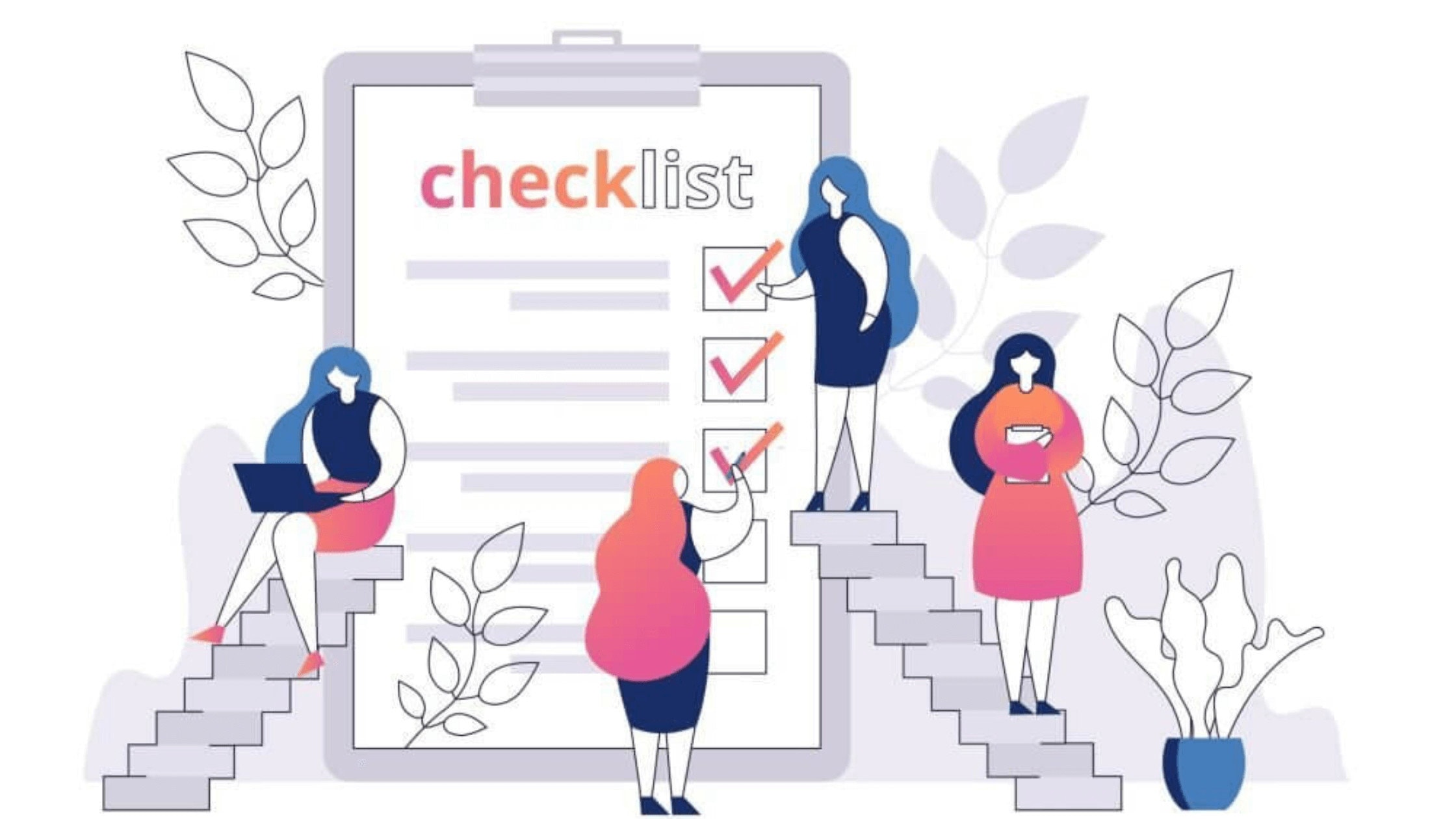
Project Manager Interview Questions & Answers Every Candidate Should Review

Project management is a rewarding and challenging career that requires a combination of technical skills, people skills, and business acumen. If you’re applying for a project manager position, you’ll need to prepare for the project manager questions interview that will test your knowledge and abilities in these areas.
In this article, we’ll share some tips on how to prepare for a project manager interview, and provide some examples of common project manager interview questions and answers that you can use as a reference.
How to prepare for a project manager interview
Before you go to your project manager interview, here are some steps you can take to increase your chances of success:
- Review your resume and portfolio. Make sure you can explain your role and responsibilities in each project you’ve worked on, as well as the results and outcomes you achieved. Have some examples ready to showcase your skills and experience in different aspects of project management, such as planning, budgeting, risk management, stakeholder management, communication, leadership, and problem-solving.
- Research the company and the role. Find out as much as you can about the company’s mission, vision, values, culture, products, services, customers, competitors, and goals. Also, research the specific role you’re applying for, and understand what skills and qualifications are required. This will help you tailor your answers to show how you fit the company and the role.
- Prepare some questions to ask. At the end of the interview, you’ll likely have an opportunity to ask some questions to the interviewer. This is a chance for you to show your interest and enthusiasm for the role and the company, as well as to clarify any doubts or concerns you may have. Prepare some relevant and thoughtful questions that demonstrate your research and curiosity.
- Practice your answers. One of the best ways to prepare for an interview is to practice answering common questions that you might encounter. This will help you improve your confidence, clarity, and delivery. You can use the STAR method (Situation, Task, Action, Result) to structure your answers in a clear and concise way. You can also practice with a friend or a mentor who can give you feedback and suggestions.
Knowing the top industries hiring project managers is only part of the equation—make sure you’re prepared for the interview questions that matter to land those roles.
Common project manager interview questions and answers
Here are some examples of common project manager interview questions and answers that you can use as a reference. Remember that these are only sample answers, and you should customize them according to your own situation and experience.
1. Tell me about yourself.
This is a common question that opens most interviews. It’s a chance for you to introduce yourself and give a brief overview of your background, skills, and experience.
Sample answer:
I’m a certified project manager with over five years of experience in managing software development projects. I have a bachelor’s degree in computer science and a master’s degree in project management. I’m passionate about delivering high-quality products that meet customer needs and expectations.
In my previous role at ABC Inc., I managed a team of 10 developers and testers who worked on various web and mobile applications for clients in different industries. I was responsible for planning, executing, monitoring, controlling, and closing projects within scope, time, cost, quality, and risk constraints. I successfully delivered over 20 projects on time and within budget, achieving an average customer satisfaction rating of 9 out of 10.
I’m currently looking for a new challenge where I can apply my skills and experience in managing complex and innovative projects that create value for both the company and the customers.
2. What are some of the project management methodologies and tools that you use?
This question tests your technical knowledge and familiarity with different project management approaches and techniques. It also shows how you adapt to different situations and preferences.
Sample answer:
I have experience with various project management methodologies such as waterfall, agile, scrum, kanban, lean, etc. I choose the most appropriate methodology depending on the nature, scope, and requirements of the project, as well as the expectations and preferences of the stakeholders and the team.
For example, for a project that had a fixed and well-defined scope, timeline, and budget, I used the waterfall methodology to follow a sequential and structured process. For a project that had a dynamic and uncertain scope, timeline, and budget, I used the agile methodology to follow an iterative and flexible process.
As for the tools, I use different software and applications to help me plan, execute, monitor, control, and close projects. Some of the tools I use are Microsoft Project, Jira, Trello, Slack, Zoom, Google Docs, etc. I choose the tools that best suit the needs and preferences of the project, the stakeholders, and the team.
3. How do you define success for a project, and what metrics do you use to measure it?
This question evaluates your understanding of project goals and objectives, as well as your ability to track and report project performance and outcomes.
Sample answer:
I define success for a project based on whether it meets or exceeds the expectations and requirements of the stakeholders and the customers. I use different metrics to measure success depending on the type and scope of the project.
Some of the metrics I use are scope, time, cost, quality, risk, customer satisfaction, business value, etc. For example, for a project that aimed to develop a new feature for an existing product, I measured success by whether the feature was delivered within the agreed scope, time, cost, quality, and risk parameters, as well as whether it increased customer satisfaction and business value.
I use various methods and tools to collect and analyze data on these metrics, such as surveys, feedback forms, interviews, focus groups, dashboards, reports, etc. I also communicate the results and outcomes of these metrics to the stakeholders and the team on a regular basis.
4. How do you manage stakeholder expectations and communication?
This question assesses your skills and experience in dealing with different types of stakeholders who may have different interests, priorities, and demands. It also shows how you communicate effectively and efficiently throughout the project lifecycle.
Sample answer:
I manage stakeholder expectations and communication by following these steps:
- Identify who are the key stakeholders for each project, and what are their roles, responsibilities, expectations, and influence.
- Analyze their needs, interests, preferences, concerns, risks, and potential conflicts.
- Engage them in the project planning process to ensure their input and feedback are considered and incorporated.
- Communicate with them regularly and proactively throughout the project lifecycle using appropriate channels and formats. For example, I use email for formal updates, Slack for informal chats, Zoom for meetings or presentations, etc.
- Negotiate with them when there are changes in scope or priorities that may affect their expectations or requirements.
- Manage their satisfaction and relationship by delivering high-quality results that meet or exceed their expectations.
Sign-up for a Brain Sensei Free Preview! Our free 7-day previews offer you a glimpse into the resources, teaching methods, and content you can expect from our full exam prep courses, exam simulators and PDU bundles. Fill out the form below and you’ll receive an email with your login details. You’ll get exclusive access to select modules, and get a tantalizing preview of the full content.
Want to make sure that resume shines? Make sure you have your CAPM or PMP designation. Certified project managers are more employable and earn higher salaries. Prepare for your certification exam today!


